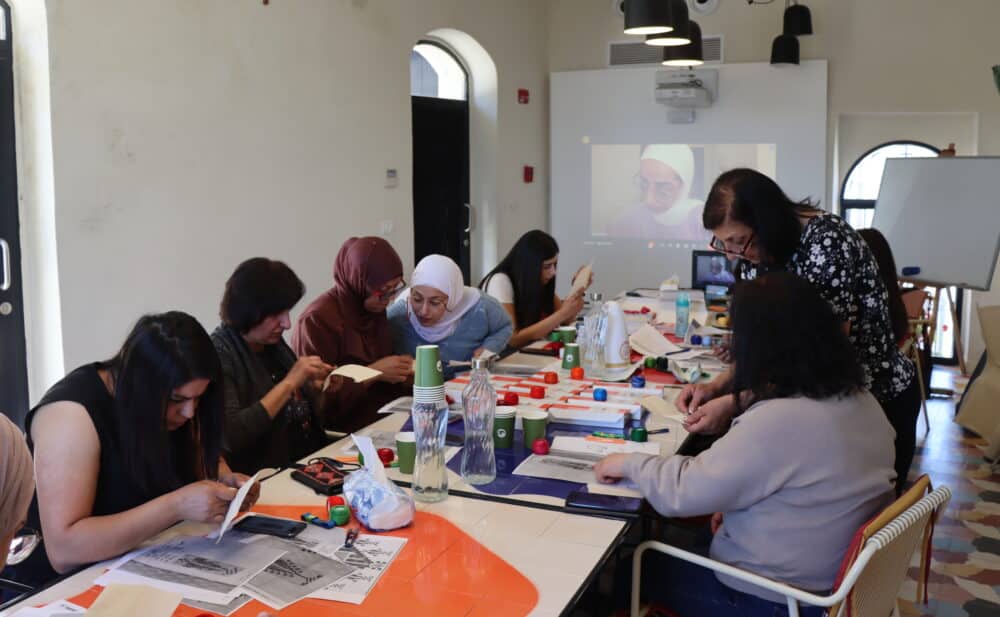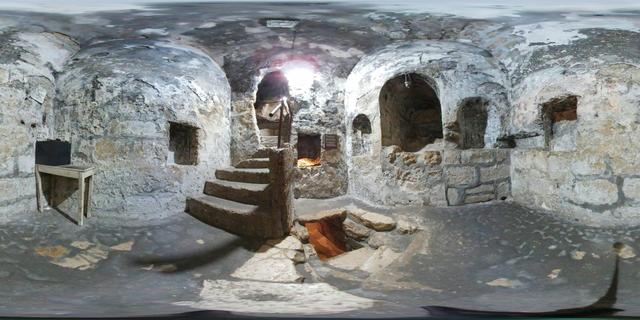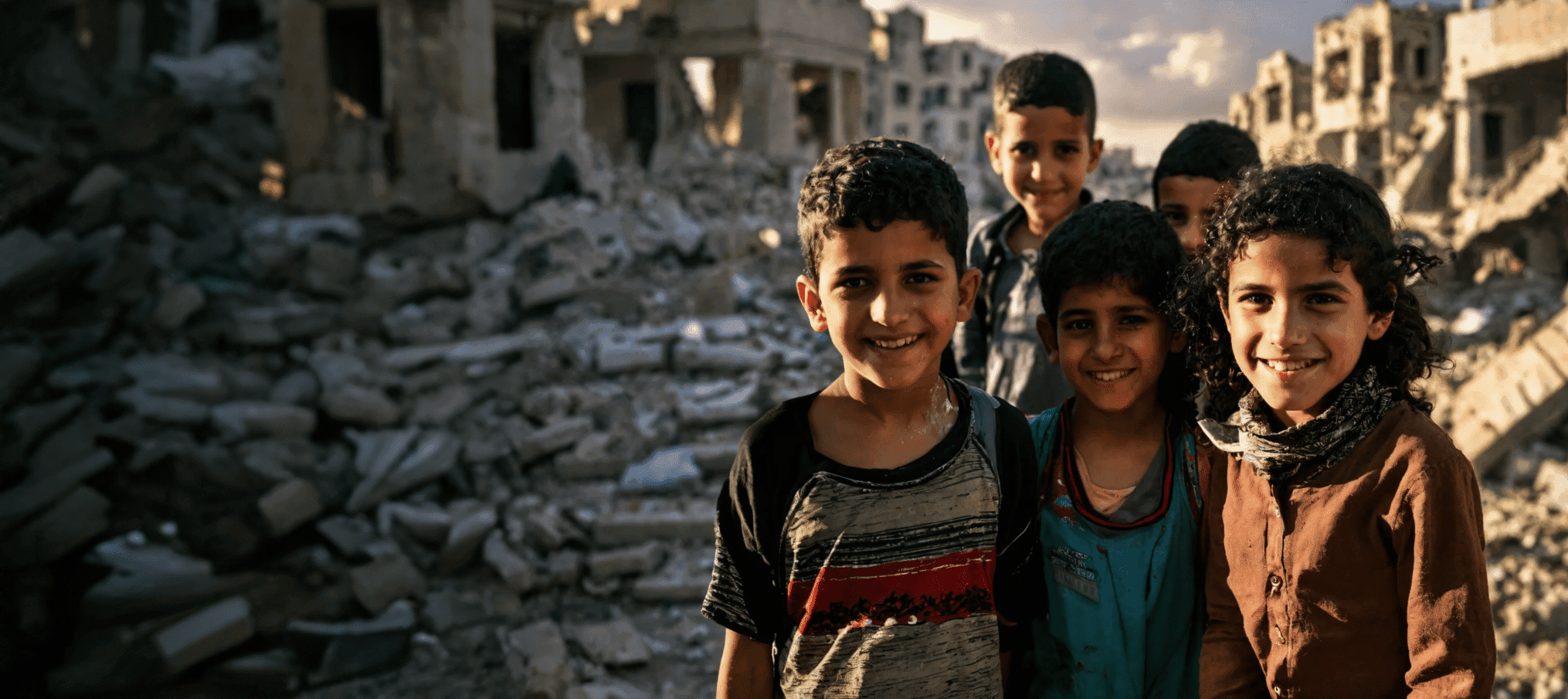Maha Munib Hamdi Abu Sido is a girl from Gaza with a passion for design and tatreez, the traditional Palestinian embroidery technique. This passion led her to create Kenar, a fashion project that aims to introduce the world to Palestinian cultural heritage, as well as provide economic opportunities for women in her community.
Maha studied at the Islamic University, where he earned a specialization in computer science and a master's degree in Business Administration. Before developing her embroidery business, she worked in the administration of the Palestinian Bank. Despite the difficulties that characterize life in Gaza, he explains that before October 7, the situation in Gaza "was different from what many people imagine when they think of Gaza. People were working, traveling, and just trying to live a normal life." Maha herself has had many opportunities to travel, and her adventures have taken her to Dubai and Cyprus several times.
His business, Kenar, takes its name from the belt of traditional Palestinian dress. Maha started her business in 2010 and has developed it over time to employ 150 women from Gaza. With nostalgia in her eyes, Maha says that "Kenar's goal is to revive Palestinian heritage and empower the local community, allowing women to work from home and generate income."

On October 2, Maha had left for Cyprus to attend an exhibition market. When she found out about the events in Gaza on 7 October, she was forced to stay away from her homeland and then moved to Cairo. "I thought my stay in Cairo would be a short break from my life in Gaza, but it wasn't." In fact, Maha has still been in exile for over seven months. His family, after five months, devastated by the destruction of their home and with no hope left, managed to leave Gaza only after paying large sums to cross the Rafah crossing and settle in Cairo.
The aggression on Gaza wiped out everything Maha had built. "My laboratory and my house were destroyed by the bombings and many of my friends and relatives were victims of the attack."
"Starting from scratch was particularly difficult," says Maha, who found herself without funds to restart, pay her workers and buy materials. Despite these difficulties, she tried to rebuild a working group, managing to bring together 40 women from Gaza who had taken refuge in Cairo.
In this context of desperation, Maha found a ray of hope thanks to the support of Pro Terra Sancta, starting a project in collaboration with Kenar to support women's micro-enterprises in Gaza. Through online training, Maha is teaching 14 women from both Bethlehem and Gaza who are refugees in Bethlehem to embroider to create products that will then be marketed through the Dar Al Majus Fair Trade Bazaar network.
Despite the enormous logistical and financial challenges, Maha sees "in this project a chance for rebirth, the opportunity to work not only with women from Gaza but also from the West Bank, which allows me through Kenar to build bridges between the different Palestinian communities." However, the restrictions make it difficult to source the materials needed for his work, as he cannot order anything from Jordan or Palestine.
Maha longs to return to Gaza, her home that she loves deeply, but she is aware that the current conditions do not allow it. He is therefore considering the possibility of moving his business to the United Arab Emirates, in the hope of finding fertile ground there to rebuild what the war has destroyed.
Despite everything, Maha is determined in her work and lives "with the hope that one day we will be able to see Gaza reborn from its ashes."

























